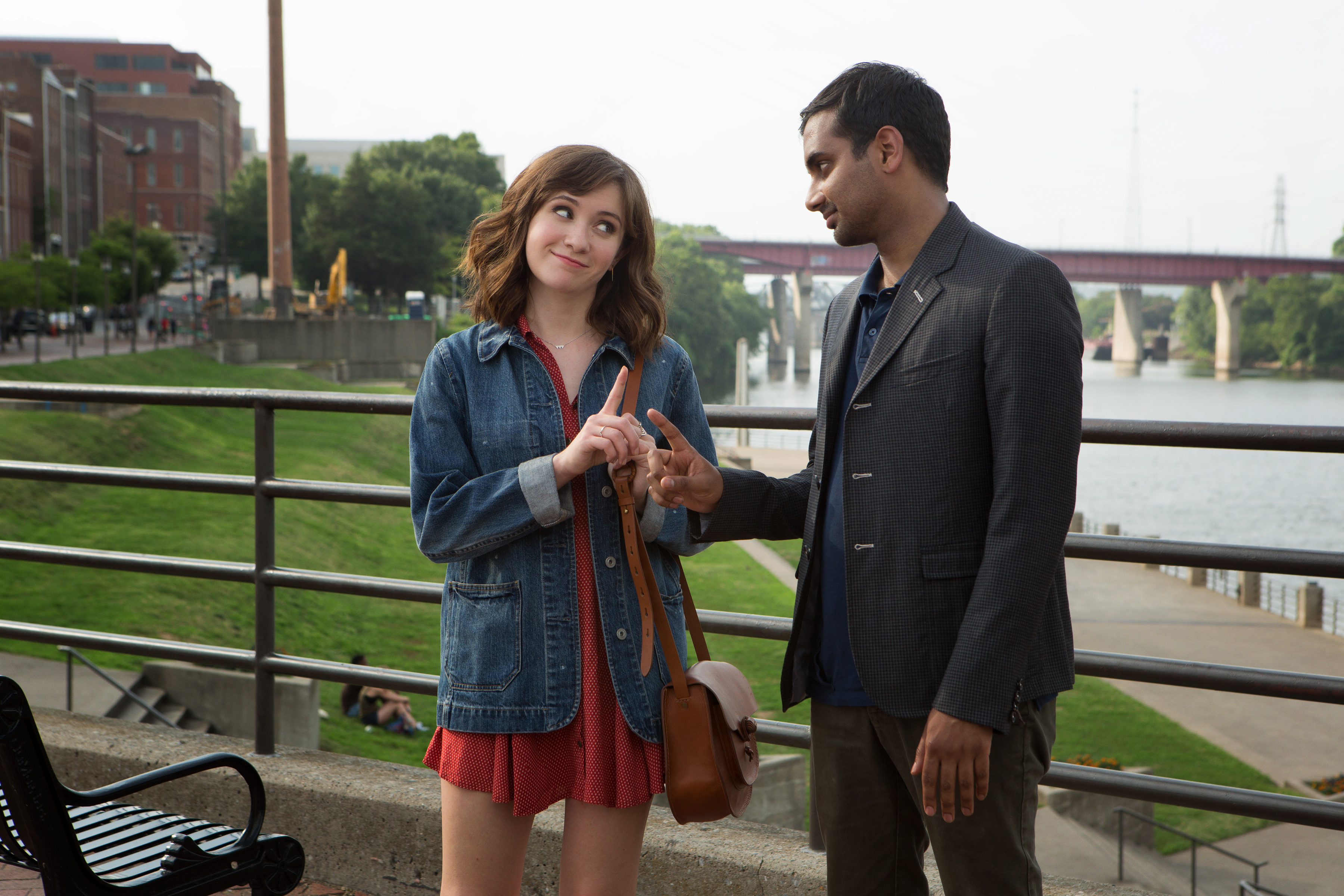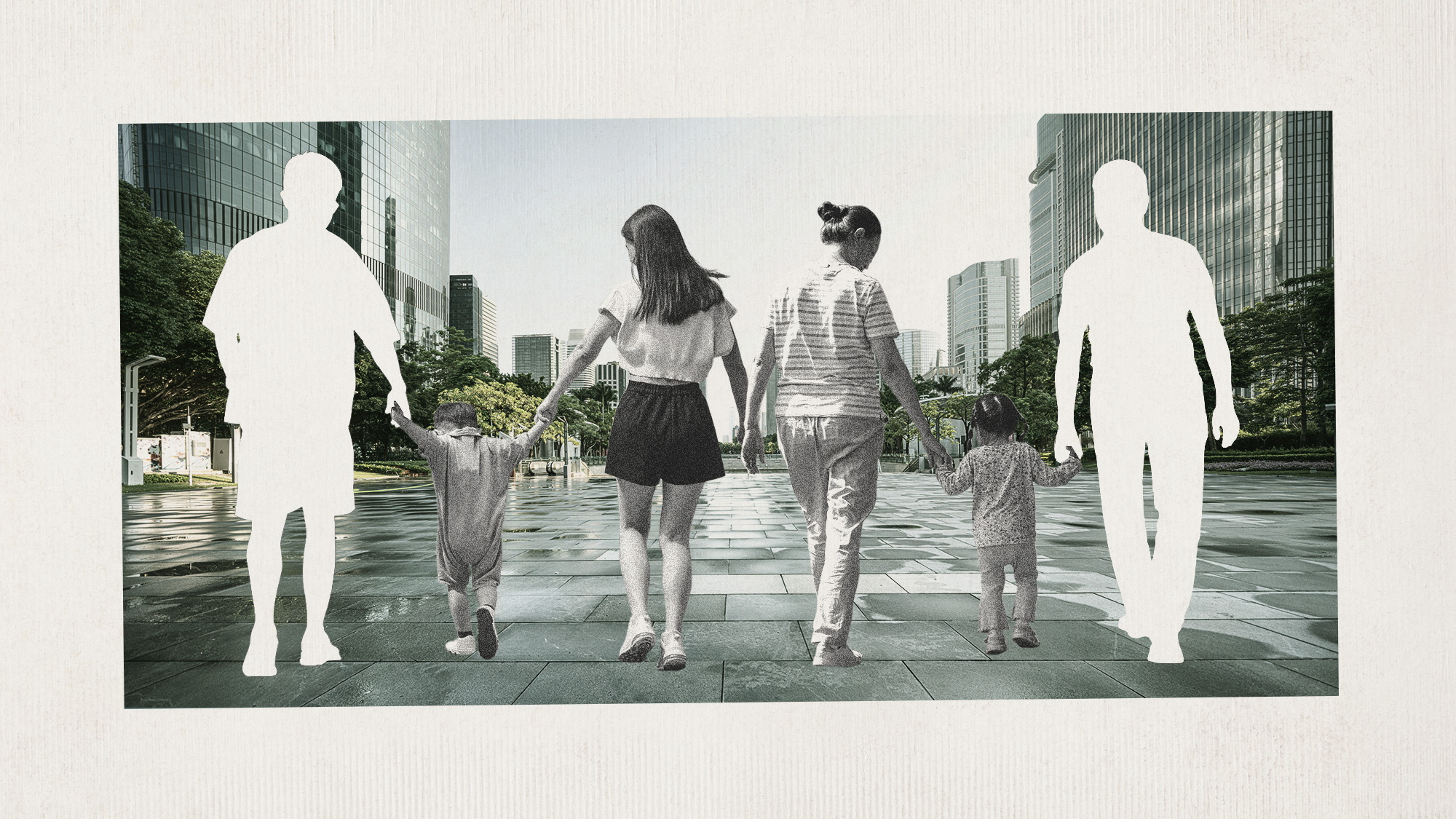Master of None: How Aziz Ansari captures the bizarre paradox of being a millennial
The comedian's new Netflix series explores the difficulty of choosing from an infinite array of choices


Aziz Ansari's new Netflix series, Master of None, tries to be many things: a "mature" romantic comedy, a social commentary on millennials, a New York immigrant story, and much more. Indeed, the show's ambition to cover it all — or, at least, its refusal to be any one thing — is in line with both its title and its core message: that the infinite options hypothetically available to millennials in today's on-demand world makes it exceedingly difficult to select any of them, or be fully content with the option that's eventually chosen.
Master of None is basically a dramatized version of psychologist Barry Schwartz's 2004 book The Paradox of Choice: Why More Is Less. In it, Schwartz contends that unlimited options don't actually increase our sense of freedom and well-being; instead, this bounty makes us more anxious, depressed, and generally dissatisfied. And in the 11 years since Schwartz's book was published, the rise of social media, online dating, smartphones, and on-demand everything have only ratcheted things up more.
If all the panicky indecision of today's millennials could take physical form, it would probably look something like 30-year-old Dev, the Master of None protagonist played by Ansari. Dev is an actor who skates by doing commercials, because who could choose something as permanent as a career? He's obsessed with going to Brooklyn's hottest spots, and trying to date the hottest girl, without committing to anything that would keep him from the possibility of something even better emerging.
The Week
Escape your echo chamber. Get the facts behind the news, plus analysis from multiple perspectives.

Sign up for The Week's Free Newsletters
From our morning news briefing to a weekly Good News Newsletter, get the best of The Week delivered directly to your inbox.
From our morning news briefing to a weekly Good News Newsletter, get the best of The Week delivered directly to your inbox.
This obsession extends to the smallest questions in his life. In one episode, Dev and a pal can't decide what to eat, with Dev going so far as to lament the lack of an "app that analyzes your tum, and tells you what you want to eat." When they finally settle on tacos, Dev dives deep into the dark web of New York's online taco reviews, determined to scope out the absolute best as he combs through dozens of ratings, articles, and photos. Of course, this drawn-out pursuit of perfection has consequences: When they finally make their choice and show up to the taco truck of their dreams, it has already run out of food for the day.
Master of None recognizes the great danger of this hold-out-for-the-absolute-best approach to life — particularly when it comes to dating. It's a subject Ansari explored in even greater detail in his recent book Modern Romance, which chronicles how much both the process and the purpose of dating has changed for this generation.
This subject also makes up the backbone of Master of None's primary narrative, which follows Dev's uneven relationship with Rachel (Noel Wells). After they attend a wedding together, Dev confides his anxieties about the future to her. "At this age, it's really intense. Whatever you're doing in your life, whoever you're with, that's maybe it. And that's a lot of pressure." In a spectacularly ill-advised move, the two decide to write down on paper how sure they are that they're meant to be together, and then exchange their answers — which are, inevitably, less than 100 percent.
The real message of Master of None is that today, holding out for 100 percent certainty means you'll be holding out forever— and 100 percent certainty only lasts for so long anyway. When Dev later recounts the story to an older, married colleague, he gets some much-needed perspective. "I'm in a great marriage, and sometimes we're at 90 percent," his colleague says. "Sometimes we're only like 20 or 30."
A free daily email with the biggest news stories of the day – and the best features from TheWeek.com
With so many options, how do you choose anything — be it as minor as a lunch spot, or as defining as a life partner? The key, Master of None argues, is committing to something that's good enough to matter to you, whether or not you're confident it will last forever. And if the worst-case scenario kicks in and it doesn't, there will always be plenty of other options waiting for you.
Stephanie is an editorial assistant at TheWeek.com. She has previously worked for USA Today and Modern Luxury Media.
-
 China’s single mothers are teaming up
China’s single mothers are teaming upUnder the Radar To cope with money pressures and work commitments, single mums are sharing homes, bills and childcare
-
 Employees are branching out rather than moving up with career minimalism
Employees are branching out rather than moving up with career minimalismThe explainer From career ladder to lily pad
-
 ‘It is their greed and the pollution from their products that hurt consumers’
‘It is their greed and the pollution from their products that hurt consumers’Instant Opinion Opinion, comment and editorials of the day
-
 Walter Isaacson's 'Elon Musk' can 'scarcely contain its subject'
Walter Isaacson's 'Elon Musk' can 'scarcely contain its subject'The latest biography on the elusive tech mogul is causing a stir among critics
-
 Welcome to the new TheWeek.com!
Welcome to the new TheWeek.com!The Explainer Please allow us to reintroduce ourselves
-
 The Oscars finale was a heartless disaster
The Oscars finale was a heartless disasterThe Explainer A calculated attempt at emotional manipulation goes very wrong
-
 Most awkward awards show ever?
Most awkward awards show ever?The Explainer The best, worst, and most shocking moments from a chaotic Golden Globes
-
 The possible silver lining to the Warner Bros. deal
The possible silver lining to the Warner Bros. dealThe Explainer Could what's terrible for theaters be good for creators?
-
 Jeffrey Wright is the new 'narrator voice'
Jeffrey Wright is the new 'narrator voice'The Explainer Move over, Sam Elliott and Morgan Freeman
-
 This week's literary events are the biggest award shows of 2020
This week's literary events are the biggest award shows of 2020feature So long, Oscar. Hello, Booker.
-
 What She Dies Tomorrow can teach us about our unshakable obsession with mortality
What She Dies Tomorrow can teach us about our unshakable obsession with mortalityThe Explainer This film isn't about the pandemic. But it can help viewers confront their fears about death.
